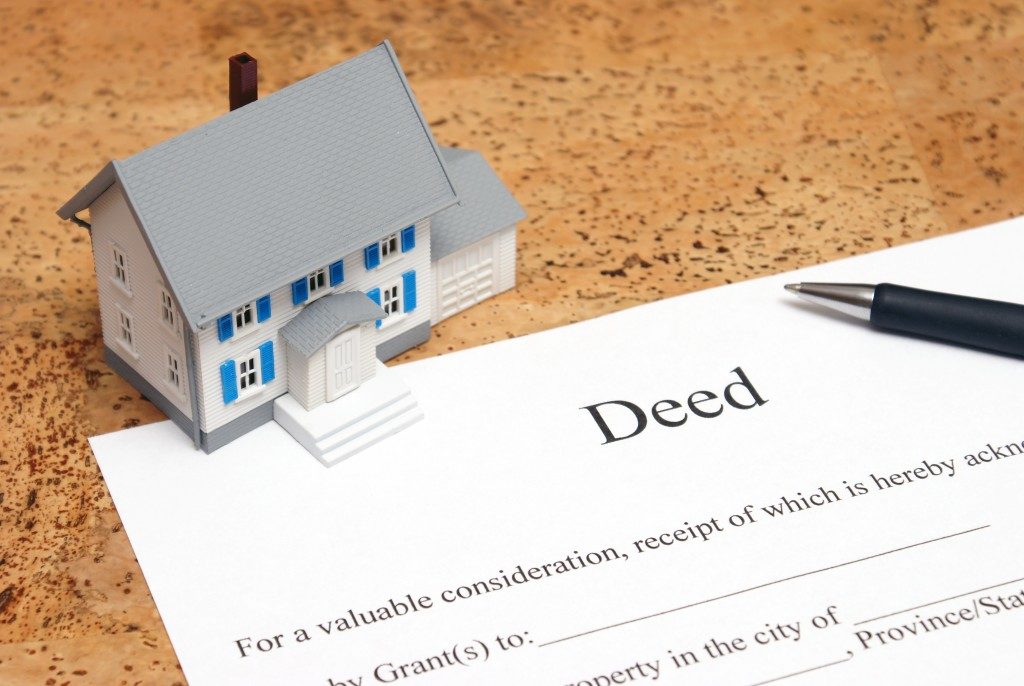A property deed is used to pass real property from a seller to a buyer. For the deed to be considered legal, it must identify the grantee and the grantor and must adequately describe the property. Historically, ownership was transferred through ceremonial acts. The person giving away the land, for example, would give a gift to the person getting it. There would then be a written or verbal statement after the gesture.
Today, in Townsville, you need conveyancing lawyers to draft a legal deed. The deed must be written. Also, the grantor must have the capacity to transfer the property. The deed will need to be signed by both parties before it becomes enforceable. There are five common types including:
The warranty deed
This deed is used a lot in sales including residential property. It guarantees that the grantor owns rights to sell and the investment is not steeped in debt or liens. The grantor will need to defend their title from claims and make it up to the buyer if there are any debts or unsettled problems. This document has the seller make promises that are legally binding – covenants. They agree that their heirs will not make claims on the conveyed property.
The special warranty
Here, the seller does not guarantee to cover the whole history of the property. They only protect the buyer from claims that were made when the seller owned the property. This type of deed is common in commercial real estate. In effect, the seller denies having done anything to the property as they held it to cause it to be defective. This limitation causes the special warranty to offer less protection for the buyer than the general warranty.
The quitclaim deed

This deed is common among divorcing spouses, family members and other people who are acquainted with one another. The deed makes it possible for a party to pass property claims and rights to another. There is typically no money exchanged in this case. The authority and the extent of the interest of the grantor are usually unspecified. This means that one receives very little protection. This deed does not make any promises or warranties about the quality of the title. A defective quitclaim deed will leave the buyer with no legal recourse under it.
The sale and bargain deed
This deed is mostly used in selling homes or property that was seized by the court. The deed changes ownership without any guarantees. That is, you do not know whether the property is clear and free. It is similar to a quitclaim except money is exchanged.
The grant deed
This deed will transfer interest to the grantee for a price that is agreed upon beforehand. It guarantees ownership and shows that the grantor is legally free to sell. However, the deed will not insure against title defects.
No ownership of property can be legally transferred without a deed. The deed must also meet specific requirements to be legally binding. Be sure that your deed is legal before you complete any transaction or close a home purchase.



